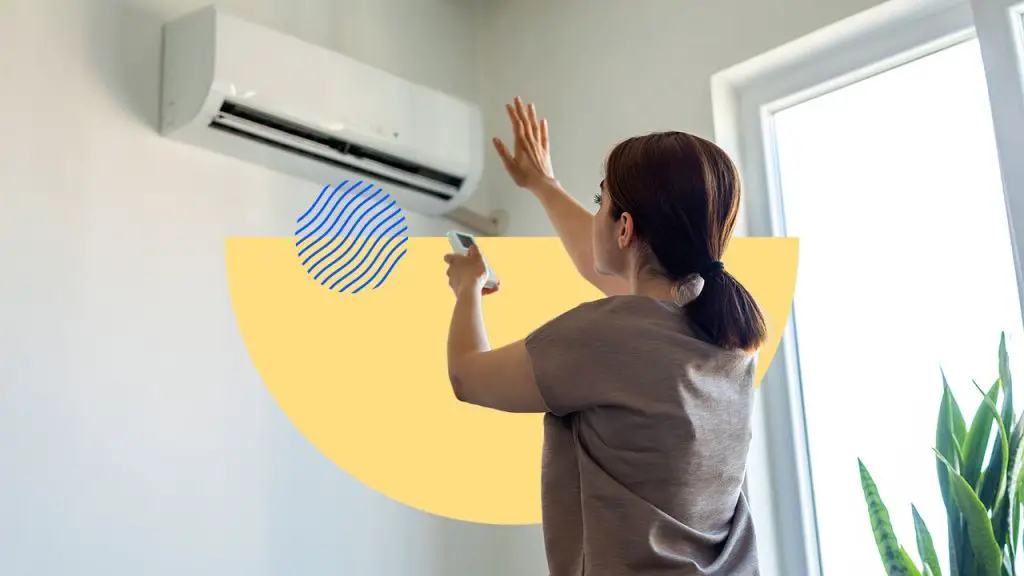Installing a new HVAC air conditioner is a significant investment for any homeowner. The cost of a new system can vary widely depending on several factors, including the type and size of the unit, the complexity of the installation, and any additional features or upgrades. In this article, we’ll explore the various components that contribute to the overall cost of HVAC air conditioner installation.
:strip_icc()/woman-adjusting-thermostat-at-home-e5425b26c9d04f48a93402e05f050d75.jpg)
Credit: www.bhg.com
Factors Affecting HVAC Air Conditioner Cost
When considering the cost of installing a new HVAC air conditioner, several key factors come into play.
Type And Size Of The Unit
The type and size of the HVAC air conditioner unit have a significant impact on the overall cost. Larger homes or commercial spaces may require more powerful and larger units, which can be more expensive. Additionally, the type of unit – whether it’s a central air system, ductless mini-split, or heat pump – will also affect the cost.
Installation Considerations
The complexity of the installation process is another important factor in determining the cost of the HVAC air conditioner. Factors like the layout of the building, existing ductwork, and any necessary modifications can impact the overall cost of installation.
Additional Features And Upgrades
Homeowners may choose to include additional features or upgrades with their new HVAC air conditioner, such as programmable thermostats, air purifiers, or zoning systems. These add-ons can increase the overall cost but may provide long-term energy savings and improved comfort.
Understanding Cost Breakdown
When receiving quotes for HVAC air conditioner installation, it’s essential to understand the breakdown of costs. Typically, the overall cost will include the following components:
| Component | Details |
|---|---|
| Unit Cost | The price of the HVAC air conditioner unit itself, which can range from a few thousand to several thousand dollars. |
| Labor Costs | The cost of the installation labor, which can vary based on the complexity of the installation and local labor rates. |
| Additional Materials | Any additional materials or supplies needed for the installation, such as ductwork, refrigerant, and electrical components. |
| Permits and Inspections | Costs associated with obtaining permits and scheduling inspections to ensure the installation meets local building codes and regulations. |
| Optional Add-Ons | The cost of any optional features or upgrades included with the new HVAC air conditioner system. |
How to Save on HVAC Air Conditioner Costs
While HVAC air conditioner installation can represent a significant expense, there are several strategies homeowners can use to save on costs:
- Obtain multiple quotes from reputable HVAC contractors to compare pricing and services.
- Consider energy-efficient models that may qualify for rebates or incentives from utility companies or government programs.
- Explore financing options or special promotions offered by HVAC manufacturers or installers.
- Invest in regular maintenance and tune-ups to prolong the lifespan of the new HVAC air conditioner and maximize energy efficiency.
Conclusion
Understanding the cost of HVAC air conditioner installation involves considering various factors such as the type and size of the unit, installation considerations, and additional features. By obtaining detailed cost breakdowns and exploring ways to save on expenses, homeowners can make informed decisions when investing in a new HVAC air conditioner system.

